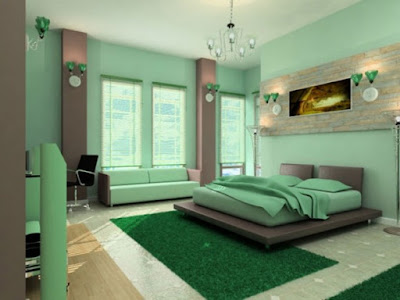How to Level the Ground for a Swimming Pool
Inspect your yard and choose the flattest area you possibly can. Sites that have a lot of bumps will require much more work to level. Make sure the site you choose is a foot or 2 larger than your pool in each direction.
- Shovel
- Rake
- Lawn roller
- Board or stake
- String
- Leveling tool
- Hammer
- Sand
- Sod cutter
Remove grass, weeds and rocks from the site using a shovel or a sod cutter. Alternatively, use a rototiller to remove grass. If you have a few months to spare before the installation of your pool is scheduled to take place, you could lay dark plastic sheets over the area the pool will occupy to slowly kill the grass with little effort.
Attach a level to a long board. Lay the board on the site to see how close to level it is. Alternatively, for a round swimming pool, pound a stake into the center of the site and use a string and a level to make sure the ground is level.
Dig out any high spots in the site. If the ground is not close to level, it's best to remove dirt to make a level area (as opposed to adding it). That way, the soil under the pool will be firm and solid.
Dump sand onto the site once it is level. Many garden and landscaping supply companies will deliver sand by the truckload. A 2 to 6-inch layer of sand is recommended.
Use a rake to spread the sand over the site evenly.
Compact the sand using a lawn roller, which can be rented from a home and garden center. Check how level the ground is by using your board and level.
Place a tarp or swimming pool protector over the sand. Perform a final check to make sure the area is level. Alternatively, companies sell specialized pool pads made of foam or other materials that are designed to protect your pool, such as you'll find at PoolCenter.com (see Resources below).












counting sensible remarks here... lanai screen
ReplyDelete